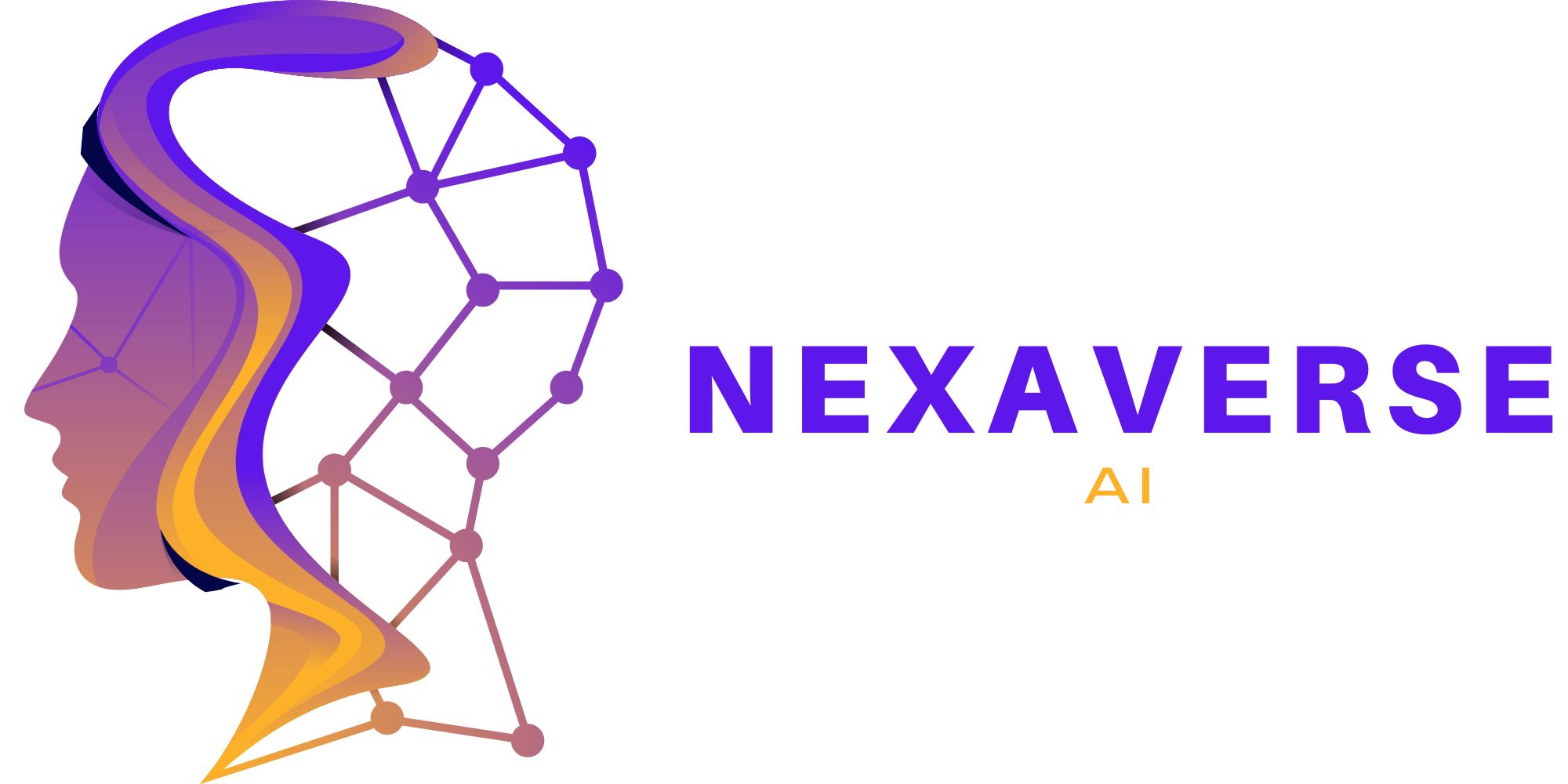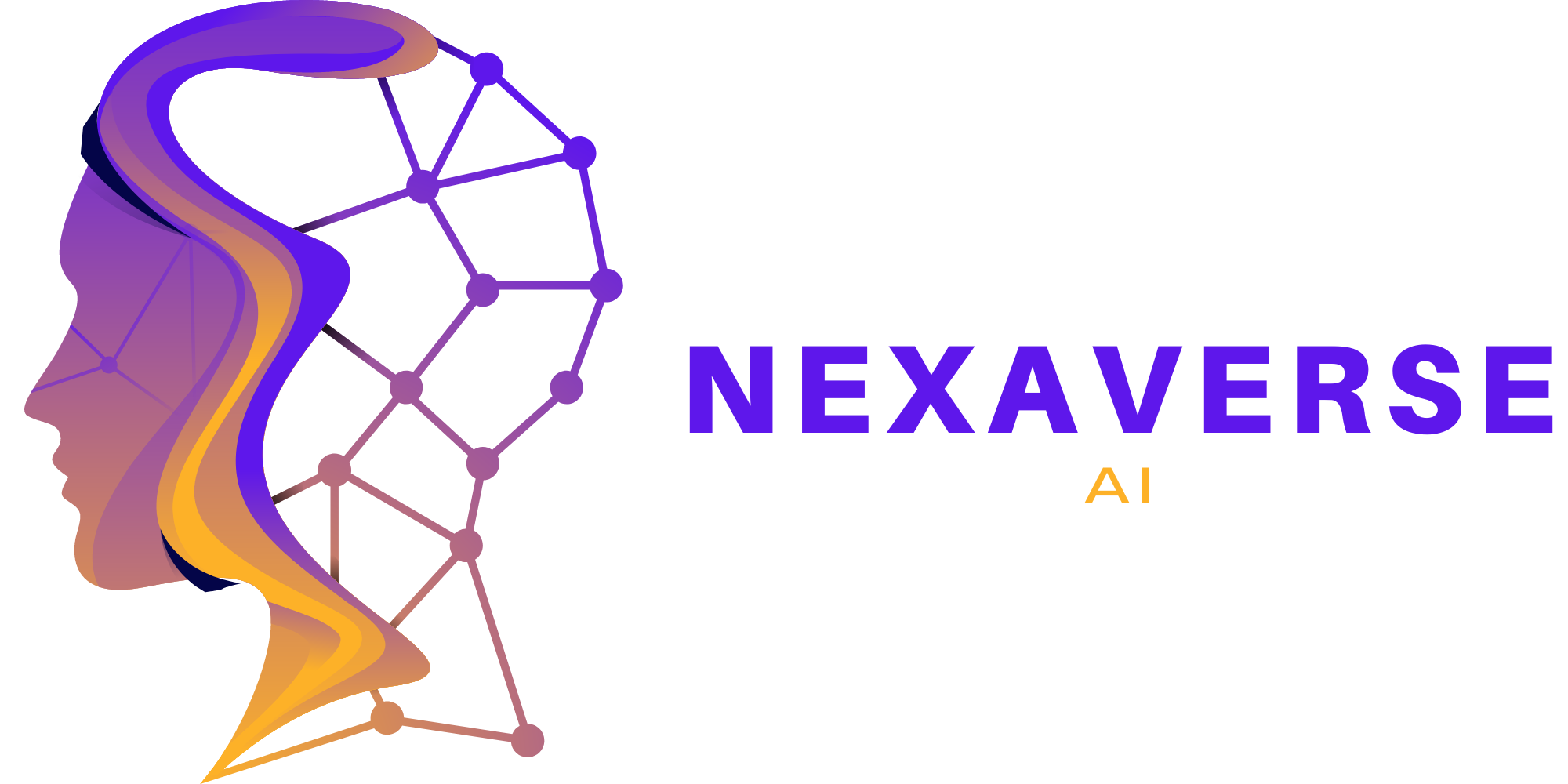AI in Finance: Enhancing Efficiency and Security in the Financial Sector
Discover how AI is transforming the financial sector by streamlining operations, detecting fraud, and providing personalized financial advice. Explore the future possibilities of AI in finance.

The Future of Financial Services
The financial sector is rapidly evolving, and AI is at the forefront of this transformation. With its ability to analyze vast amounts of data and make accurate predictions, AI is revolutionizing financial services, enhancing efficiency, and improving security. In this comprehensive blog post, we will explore the various applications of AI in finance and how it is reshaping the industry as a whole.
From fraud detection to personalized financial advice, AI is changing the way we interact with money.
1. Streamlining Operations with AI
The financial industry deals with massive amounts of data, and manual processing of these data can be time-consuming and error-prone. AI algorithms can automate repetitive tasks, such as data entry and reconciliation, resulting in increased operational efficiency. Moreover, AI-powered chatbots and virtual assistants provide customers with instant support, reducing the need for human intervention.
By leveraging machine learning algorithms, financial institutions can streamline their operations and provide better customer experiences.
For example, banks can use AI-powered chatbots to handle basic customer inquiries, freeing up human agents to focus on more complex issues.
Key benefits of AI in streamlining finance operations:
- Automated data entry and reconciliation
- Enhanced customer support through AI-powered chatbots
- Improved operational efficiency and cost reduction
2. Enhancing Fraud Detection and Prevention
Fraud is a significant concern in the financial industry, and AI plays a crucial role in detecting and preventing fraudulent activities. Machine learning algorithms can analyze large datasets, identify patterns, and detect anomalies that may indicate fraudulent transactions. Additionally, AI-powered systems can continuously learn and adapt to new fraud patterns, staying one step ahead of criminals.
AI technology enables financial institutions to detect and prevent fraud in real-time, safeguarding both customers and businesses.
For instance, AI algorithms can flag suspicious transactions, enabling banks to take immediate action and protect their customers' assets.
Key benefits of AI in fraud detection and prevention:
- Real-time monitoring and detection of fraudulent activities
- Improved accuracy in identifying fraudulent patterns
- Reduced financial losses and enhanced customer trust
3. Personalized Financial Advice with AI
Traditionally, financial advice has been limited to human advisors, making it inaccessible to many people. AI-powered robo-advisors are changing this landscape by providing personalized financial advice based on individual goals, risk tolerance, and financial situation. These algorithms can analyze vast amounts of data and offer tailored investment strategies, helping individuals make informed decisions about their finances.
AI-driven robo-advisors democratize access to financial advice, empowering individuals to take control of their financial futures.
Robo-advisors can provide recommendations on investment portfolios, retirement planning, and even tax optimization strategies.
Key benefits of AI in personalized financial advice:
- Tailored investment strategies based on individual goals
- /7 availability and accessibility
- Cost-effective alternative to traditional financial advisors
4. The Future of AI in Finance
The potential of AI in finance is vast, and the industry is only scratching the surface. As technology continues to advance, we can expect more sophisticated AI applications in areas such as risk management, trading, and compliance. However, it is crucial to address ethical and regulatory challenges to ensure responsible AI adoption in the financial sector.
The future of finance is undoubtedly intertwined with AI, and embracing this technology will be essential for staying competitive in the industry.
Financial institutions that harness the power of AI will be able to provide better services, mitigate risks, and drive innovation.
Future possibilities of AI in finance:
- Advanced risk management and predictive analytics
- Automated trading systems powered by AI algorithms
- Enhanced regulatory compliance through AI-driven solutions
In conclusion, AI is transforming the financial sector by enhancing efficiency and security. From streamlining operations to detecting fraud in real-time and providing personalized financial advice, AI technology is reshaping the way financial institutions operate and serve their customers. As the industry embraces AI advancements, we can expect even greater innovations and improvements in the future.
Frequently Asked Questions (FAQs)
Q. How is AI improving customer experiences in the financial sector?
A. I-powered chatbots and virtual assistants are revolutionizing customer support in the financial sector. They provide instant responses to customer inquiries, offer personalized recommendations, and streamline the overall customer experience.
Q. What are the challenges in adopting AI in the financial industry?
A. One of the main challenges is the ethical use of AI, especially in sensitive areas like financial advice and decision-making. Moreover, regulatory compliance and data privacy concerns also need to be addressed to ensure responsible AI adoption.
Q. Can AI completely replace human financial advisors?
A. While AI-powered robo-advisors offer personalized financial advice, they cannot completely replace human financial advisors. Human advisors bring a level of empathy, intuition, and tailored guidance that AI algorithms currently lack. However, AI can complement human advisors and automate certain aspects of financial planning.
Note: It is important for financial institutions to ensure transparency and explainability in AI systems to build customer trust and comply with regulatory requirements.




